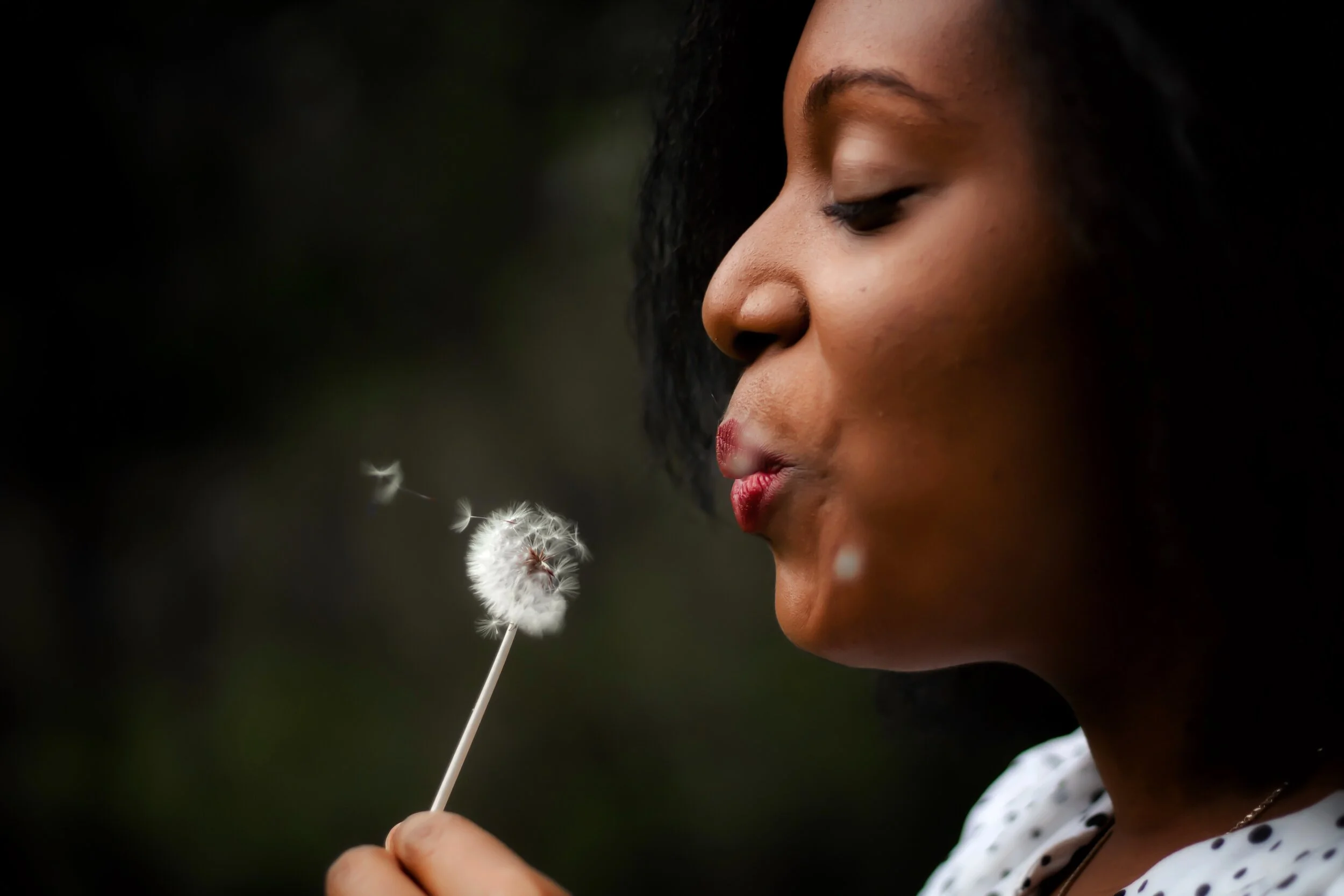Healthy Lifestyle Choices During the COVID-19 Global Pandemic
COVID-19 SERIES: PART V
We are all feeling the effects of the COVID-19 global pandemic in our lives. However, those effects are not the same for everybody. They vary depending on people’s level of physical and mental health as well as individual circumstances. “Stay at home orders” and “social distancing” contribute to a sense of isolation and loneliness for many. Many of us feel sadness and grief from the many losses we are experiencing daily – death, jobs, connection to others, milestone events such as graduation or proms, etc.
It is a lot to navigate, and most of us have no experience with such an abrupt and drastic change in our lives.
But we can do things to help us navigate these unchartered waters in a healthy manner that can contribute to coming out on the other side of this experience strong and perhaps even healthier than before!
Diet
Okay, if we are truthful, we would admit that we don’t always eat a healthy diet even under the best of circumstances. What happens when we are stressed? Often the best intentions go out the window. Do you find yourself binging on foods and drinks that you know are not good for you? Are you snacking constantly, eating late at night, or getting up in the middle of the night to eat because you are stressed and can’t sleep? Are you drinking more alcohol as a way of trying to relax and calm your anxiety?
Here are some resources that provide information about eating a healthy diet to support a strong immune system:
Sleep
Disturbed sleep often goes hand in hand with anxiety and stress. Getting enough sleep is critical to self-care and ensuring a strong immune system.
Check out this article about the importance of getting a good night sleep as we continue to navigate the COVID-19 pandemic.
Exercise
It is no secret that exercise is a critical component of good physical and mental health. There is a large body of research that has been telling us this for decades. Exercise also has a positive effect on strengthening our immune system. Why is it even more important to be physically active now while we are sheltering in place?
Check out what the World Health Organization has to say about the importance of physical activity during the pandemic, what that activity might entail, and how to stay safe while being active.
Mindfulness
Self-care can involve a wide range of activities such as journaling, exercise, yoga, meditation, prayer, etc. What do these activities have in common? They focus on integration of the mind and body, which can be accomplished by practicing mindfulness. Mindfulness is about staying in the present moment and not worrying about what happened in the past or what might happen in the future since we can’t control any of that.
You might be skeptical about these activities, but a large body of scientific evidence shows the benefits of mindfulness. Check out the Mayo Clinic resources on using mindfulness to cope with anxiety.
Habitual Patterns
We all know how easy it is to fall into old patterns when we are anxious, afraid, and stressed. Some of those patterns may be harmful or even destructive. These habitual patterns could also be called addictions. Social networks and healthy connections to others are important components of recovery from addiction. What happens when those are not available to the millions struggling with addictions?
For more information about how COVID-19 is affecting people with addictions, check out this article from the Harvard Medical School. In addition, the Substance Abuse and Mental Health Administration provides information about virtual recovery resources.
We are all struggling to varying degrees as we continue to navigate the COVID-19 landscape. You have an opportunity to make choices every day for how you will cope with the anxiety, fear, stress, and uncertainty that is a part of this experience. If you make bad choices one day, let it go and move on. Remember, you can make different choices the next. It is up to you whether you take care of yourself and others during this crisis or make choices that are harmful or even destructive.




